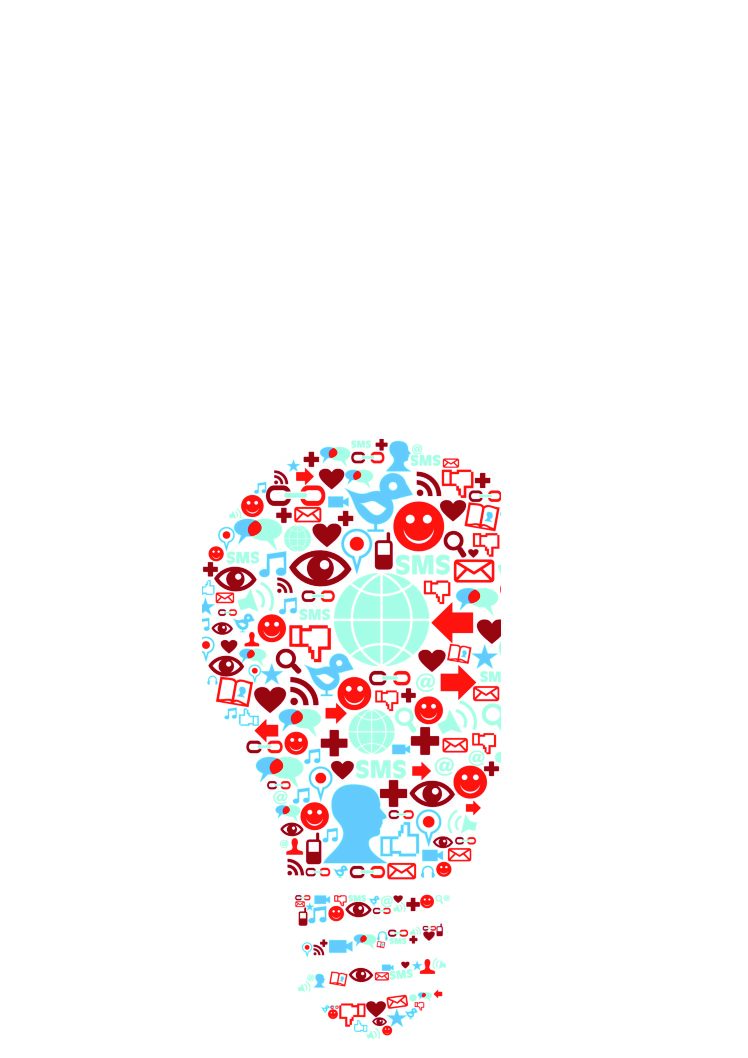« PURPOSE » |ˈpərpəs|
noun
the reason for which something is done or created or for which something exists
Purpose, a key word in any human endeavor. What are we doing here? For which purpose? This question is fundamental, not only from a philosophical or religious point of view, but very pragmatically from an economic and social, and therefore managerial, perspective. The dedication to work, to an association, to one’s family etc. have huge implications on everyone’s performance, on the overall economic performance, and as well on the overall well being within the society.
The new environment (a simplistic way to define the fact that our society becomes collaborative, is in crisis, has to face a multitude of new issues i.e. forces a paradigm shift) does not change the fundamental questions but puts them within a new context and within a new scale. Examples?
«Sharing», an important element supporting any «purpose», what one has or knows about (from a piece of knowledge to a piece of music) is part of social life, within a corporation or any other type of organization. But suddenly it is possible at a huge scale via the Twitters and the «sharing sites» of this world. But «sharing» then changes its meaning and sometimes loses some of its value. Sharing with all is not the same as sharing with a few. And many corporations start to worry about their employees «sharing» too much.
«Contributing» to non profit or to the common knowledge development or to the advancement of science is also a classic behavior within our societies and a fundamental element of any «Purpose». But suddenly the best and the worse can be «contributed» without the same filters as before. Some filters are put in place, progressively, but are far from being effective, especially in front of the massive «contributions» now made via the Internet. Corporations start to worry about the time spent by their employees «contributing» to social networks and don’t know which part of this time (paid by them) is an investment for them and their future and which part is a loss of time and money for them, even if it could be valuable for some other parts of the society (most of open source software is improved via «free» contributions from people who do it out of their «paid» time at the office).
Examples are plenty and a lot of progress has still to be made on understanding them and understanding what the future meaning of « Purpose » will be.
The Boostzone Institute is from these angles a strange place where a number of sharing and of contributing activities happen, within the clear «purpose» of advancing the understanding of how organizations can create a «strategic advantage through connecting people». Some of it is public as with this letter and with the collective blog www.boostzone.fr, some of it is private within the «Cercle». In that sense the Boostzone Institute is a laboratory, with its successes and failures, its conceptual complexity (what should be private? what should be public?), its issues with the ROI of everyone’s time




I think this post makes a really good point that we may sometimes forget. What is the reason- the « raison d’être », behind many of the collaborative endevours that are becoming so fashionable these days, if not for everything in work.
Sometimes we get so stuck in the process of what we’re doing that we forget « WHY » we are doing it. But how do you measure the purpose of somebody’s actions when even the person in question may not know the real reason behind what they are doing?
« Sharing » and « contributing » appear to be selfless acts, and people may even say they do it to help others, but maybe psychologically the purpose behind them may be selfish (seeking recognition, discrediting somebody else’s ideas for jealousy)…
It is true that at least on an organisational level it makes sense to reflect every now and then, not just on the results achieved, but on why we wanted those results in the first place, and if the same results are still important in light of new understanding…